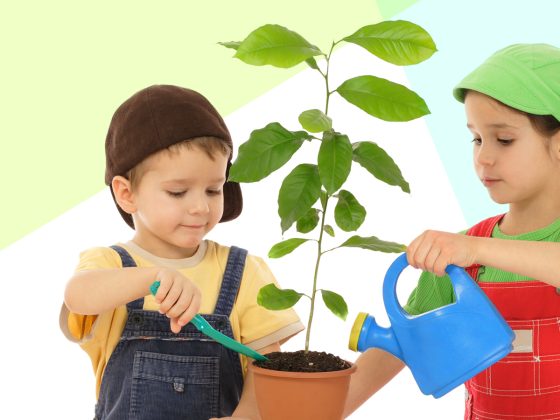
Growing Empathy
Bring out your child's compassion with these helpful tips.
Everyone can develop empathy, but it needs to be taught. Parents can model kindness with their own little everyday acts. Help plant the seeds of empathy by:
- Asking the other children to notice when one of their peers is sad or hurt, and imagine why they’re feeling that way. What might they do to make that person feel better? Praise all efforts at empathy.
- Inviting children to stand in someone else’s shoes. Literally! Switch shoes and imagine what the person whose shoes they’re wearing would say and do. (No meanness allowed!)
- Playing a “compliments” game: Pick one person as the “star of the day.” Others can come up with one nice thing to say about that person. The next day, choose a new star until everyone has had a chance.
- Hosting an Oscar (the Grouch) party: The nicer Oscar’s friends treat him, the grouchier he gets. Choose one person to play Oscar and act as grumpily as possible. Then, pile on the niceness! In the real world, there are lots of grouches—but even grouches appreciate kindness!
- Helping the larger community. Brainstorm a project that you can do together to make your community a better place for everyone: saving coins for a local animal shelter, recycling newspapers, or collecting books or cans of food to give to a family shelter. Take a picture of everyone who helped with the project to include with the donation.
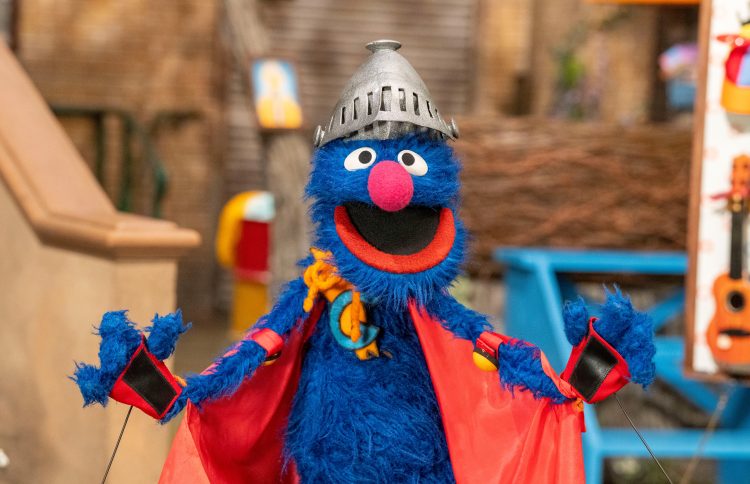
Watch and Play: Grover's Super Suitycase
Watch this episode and explore ways to extend the learning at home.
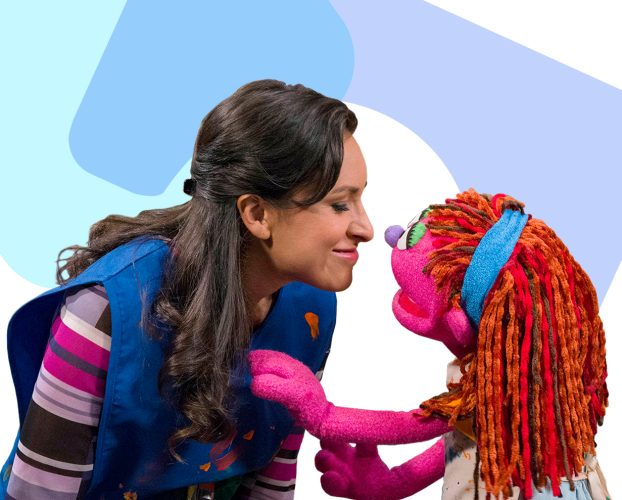
Creating Safety and a Sense of Home
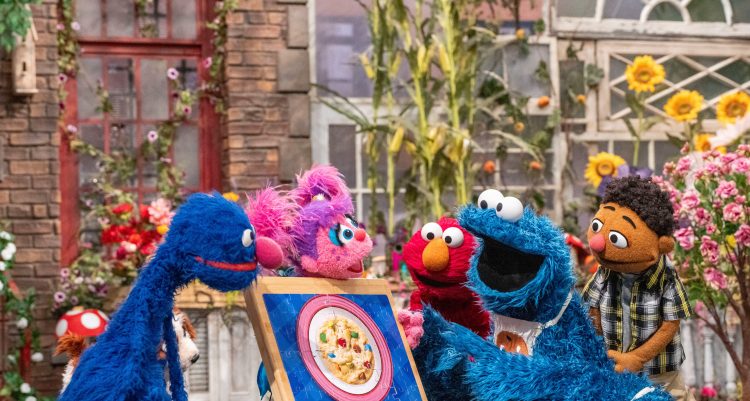
Watch and Play: Cookie Monster's Big Puzzle
Watch this episode and explore ways to extend the learning at home.
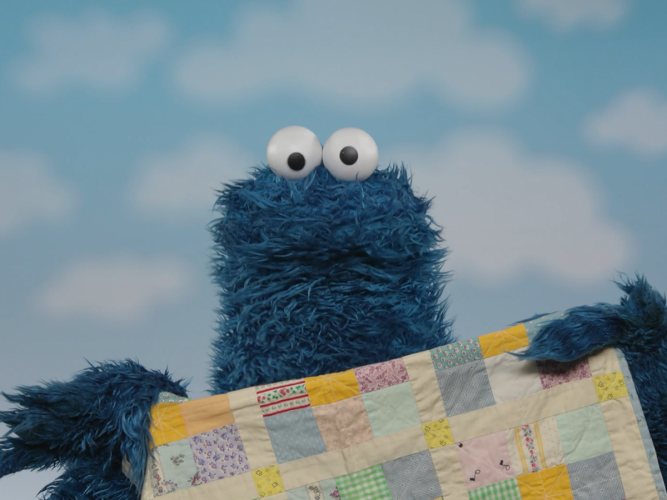
Cookie Monster’s Beach Day
When children are in the hospital, their imagination can become a valuable tool in soothing themselves.
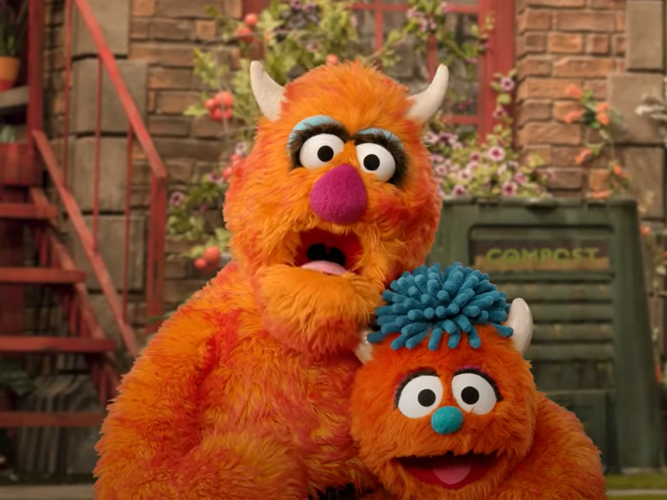
Monster Meltdown
Meltdowns happen… but they are somewhat predictable! As you try to handle them, curiosity and patience go a long way.
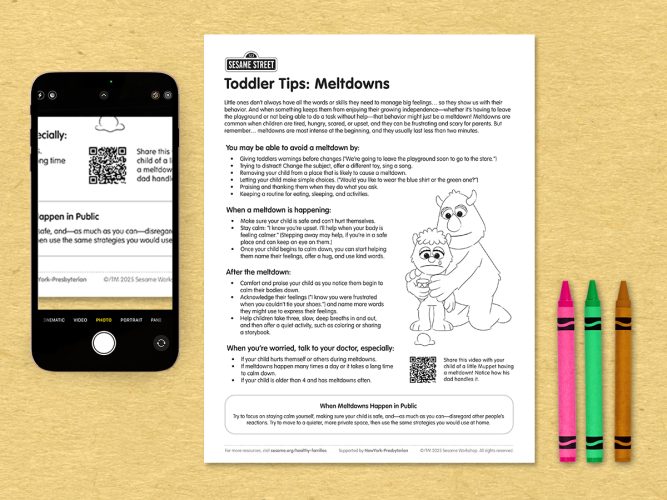
Toddler Tips: Meltdowns
Strategies for during and after a meltdown…and even some ways meltdowns might be avoided.
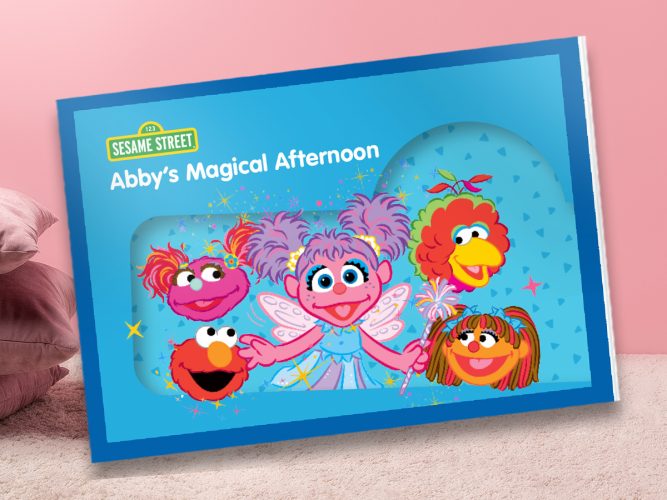
Abby’s Magical Afternoon
A storybook all about the power of mistakes!
